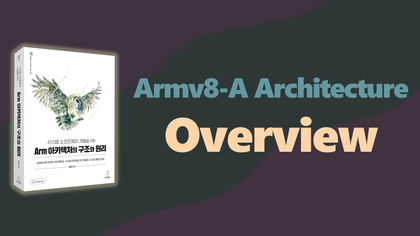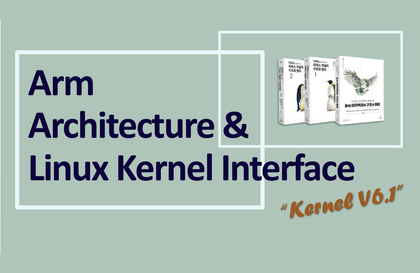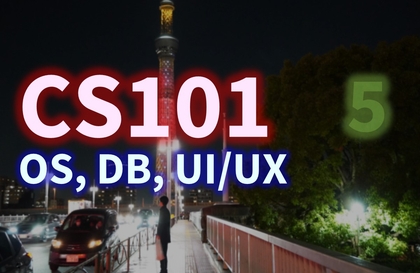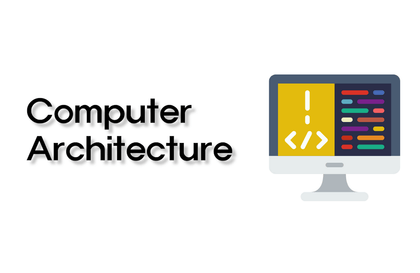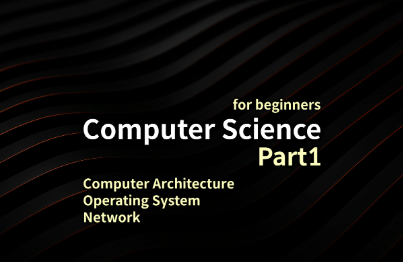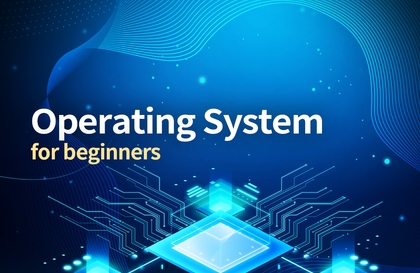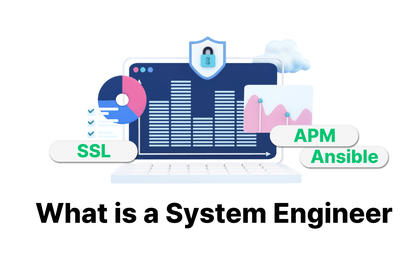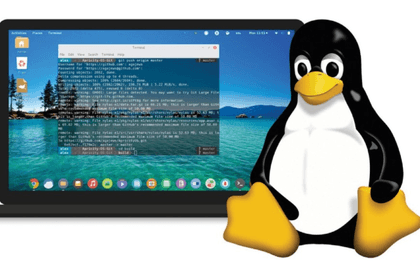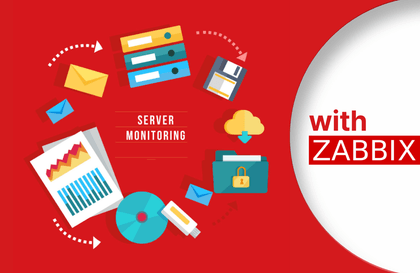Global Author & Linux System Software Developer (Arm, RISC-V Architecture)
A global author who has written unprecedented books on 'Arm Architecture (Armv8-A, Armv7-A)' and the 'Linux Kernel' in the domestic system software field (both books were selected as Excellent Academic Books by the National Academy of Sciences of the Republic of Korea), and is the first in Korea to author the book (in English) "Reverse Engineering Armv8-A Systems" through an international publisher (Packt). Above all, he is an active developer who is most well-versed in the latest system software trends (electric vehicles, system semiconductors-system software). He is also an educator who is most actively engaged in spreading knowledge within the system software field.
Author of the book (English) 'Reverse Engineering Armv8-A Systems: A practical guide to Kernel, Firmware, and TrustZone analysis', (Packt Publishing)
Author of 'Structure and Principles of Arm Architecture for System Software Development' (2024 National Academy of Sciences Outstanding Book Award)
Author of 'Structure and Principles of the Linux Kernel Learned Through Debugging' (2021, National Academy of Sciences Outstanding Scholarly Book Award)
Main Instructor for 'Programmers Dev Course: Linux System and Kernel Expert'
June 2022, Korea Computer Congress (KCC2022) - Tutorial Presentation [Conquering the Linux Kernel Using ftrace]
LG Electronics 'Linux Kernel' and 'Armv8 Architecture' internal instructor (including domestic and overseas developers) - (2020–Present)
I can confidently say that I am an educator who can explain the Linux kernel and Arm architecture (Armv8-A, Armv7-A) better than anyone else in Korea.
Lecture Inquiries: austindh.kim@gmail.com
Main Roadmap 🎯
'Arm for System Software Developers - basic course'
'Arm for System Software Developers - advanced course'
Linux kernel for system software developers - basic course
![Introduction to Linux and Linux Kernel Overview [Author's Lecture Part 1-1]강의 썸네일](https://cdn.inflearn.com/public/courses/333097/cover/8e09c5df-0571-462e-878c-39ddf13549b6/333097.png?w=420)





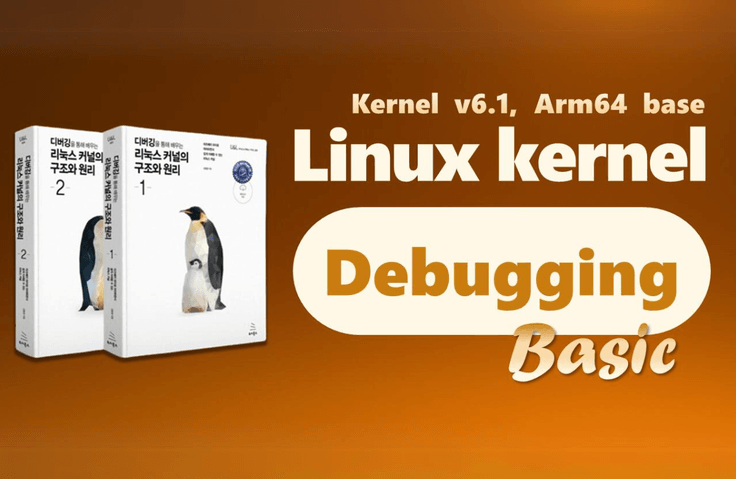
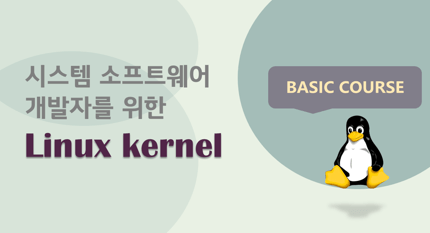











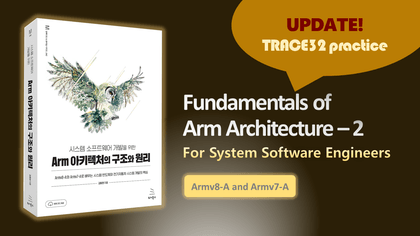
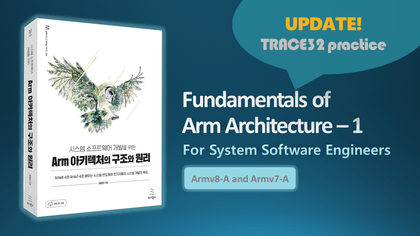
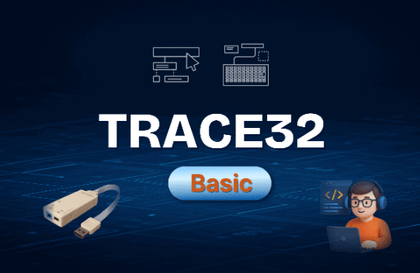
![Arm Architecture: Memory Management (MMU) [Author's Direct Lecture Part 3-5]강의 썸네일](https://cdn.inflearn.com/public/courses/332864/cover/18186c49-1c49-40e1-acd0-b0603efddb80/332864.png?w=420)
![Linux Kernel Structure and Principles: Interrupt Bottom Half [Author's Direct Lecture Part 1-6]강의 썸네일](https://cdn.inflearn.com/public/courses/333195/cover/3b8c8cd2-44b0-43b7-a441-b950ba367717/333195.png?w=420)
![Linux Kernel Structure and Principles: Interrupts [Author's Direct Lecture Part 1-5]강의 썸네일](https://cdn.inflearn.com/public/courses/333194/cover/79593ea5-0a6d-453a-8ead-a54103462943/333194.png?w=420)
![Linux Kernel Structure and Principles: Processes [Author's Direct Lecture Part 1-4]강의 썸네일](https://cdn.inflearn.com/public/courses/333193/cover/442053bf-cf8d-4d79-a009-41654b6eb262/333193.png?w=420)
![Linux Kernel Structure and Principles: Debugging - Advanced Practice [Author's Direct Lecture Part 1-3]강의 썸네일](https://cdn.inflearn.com/public/courses/333192/cover/bc7d9889-21ec-44d7-bcb0-10452507d7b3/333192.png?w=420)
![Linux Kernel Structure and Principles: Workqueue [Author's Direct Lecture Part 1-7]강의 썸네일](https://cdn.inflearn.com/public/files/courses/333196/cover/01k29sce7t2gm6wzc39gppy1cf?w=420)
![Arm Architecture: Cache [Author's Direct Lecture Part 3-4]강의 썸네일](https://cdn.inflearn.com/public/courses/332870/cover/a76af7ed-15da-452d-960a-9a5503a78c24/332870.png?w=420)
![Arm Architecture: Virtualization [Author's Direct Lecture Part 3-2]강의 썸네일](https://cdn.inflearn.com/public/courses/332863/cover/ff1b9cef-935e-4da6-a62e-1386e203b37c/332863.png?w=420)
![Arm Architecture: Memory Model and Barriers [Author's Direct Lecture Part 3-3]강의 썸네일](https://cdn.inflearn.com/public/courses/332809/cover/418b1d01-d4bf-4e57-8f86-895978f719ba/332809.png?w=420)
![Arm Architecture: TrustZone [Author's Direct Lecture Part 3-1]강의 썸네일](https://cdn.inflearn.com/public/courses/332739/cover/000c70cc-3a46-4f03-87f0-02f16dbf9b1e/332739.png?w=420)

